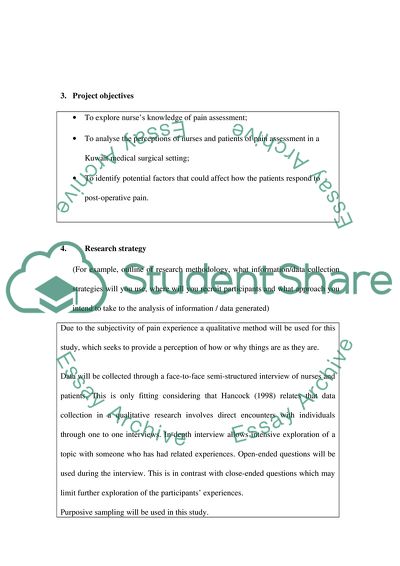Cite this document
(“Ethical approval Essay Example | Topics and Well Written Essays - 1000 words - 1”, n.d.)
Ethical approval Essay Example | Topics and Well Written Essays - 1000 words - 1. Retrieved from https://studentshare.org/nursing/1617725-ethical-approval
Ethical approval Essay Example | Topics and Well Written Essays - 1000 words - 1. Retrieved from https://studentshare.org/nursing/1617725-ethical-approval
(Ethical Approval Essay Example | Topics and Well Written Essays - 1000 Words - 1)
Ethical Approval Essay Example | Topics and Well Written Essays - 1000 Words - 1. https://studentshare.org/nursing/1617725-ethical-approval.
Ethical Approval Essay Example | Topics and Well Written Essays - 1000 Words - 1. https://studentshare.org/nursing/1617725-ethical-approval.
“Ethical Approval Essay Example | Topics and Well Written Essays - 1000 Words - 1”, n.d. https://studentshare.org/nursing/1617725-ethical-approval.


